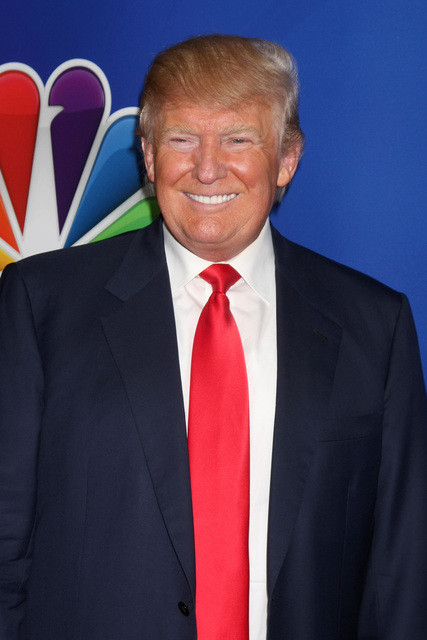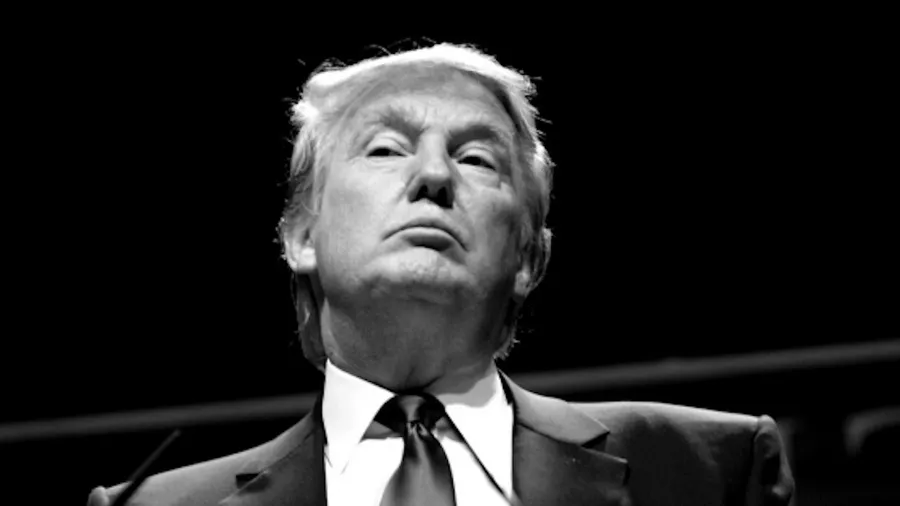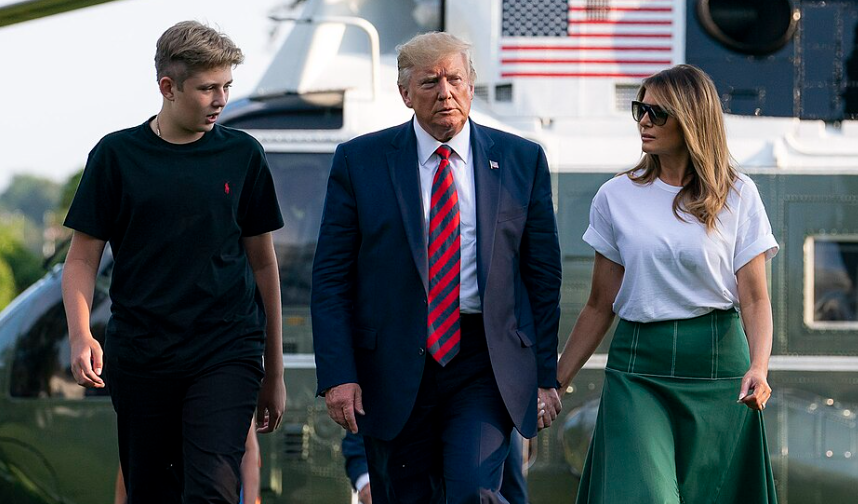Could Trump’s New Tariffs Lead to a U.S. Recession?

© CNN
The latest economic move by former President Donald Trump is raising alarms.
His new set of tariffs has sparked fresh fears that the U.S. economy might slow down—or even fall into a recession.
A Big Trade Shift

Trump’s policy introduced a 10% fee on almost all imported goods. Some countries will pay even higher rates, especially those the U.S. sees as unfair traders. His team says the goal is to protect American industries and bring back lost jobs.

But the sudden announcement made markets nervous. Experts say these tariffs could raise prices, reduce spending, and hurt growth.
Markets React Fast
Shortly after the news, major U.S. stock markets dropped. The S&P 500 lost over 4% in a single day. The Dow Jones also fell, and many investors rushed to buy government bonds, a safer option during uncertain times.

This quick reaction shows just how sensitive the economy is to trade changes. People worry that higher prices could hurt both businesses and shoppers.
Recession Warnings Grow Louder
More economists are starting to raise red flags. They say if the tariffs stay in place, the economy could slow down fast. With prices rising, consumers may cut back. Businesses might delay hiring or investments.
Goldman Sachs raised the chance of a U.S. recession from 35% to 45%. J.P. Morgan sees a 60% chance of a global recession, linking it directly to Trump’s trade actions.
What Makes It a Recession?

A recession means the economy is shrinking for a few months or more. It includes less spending, fewer jobs, slower production, and weaker income growth.
The National Bureau of Economic Research (NBER) is the group that officially declares recessions. They look at many signs, not just GDP. Their decision often comes months after the slowdown begins.
The Trump Team’s View
Despite the concern, Trump’s team says there’s no need to worry. They believe these tariffs are the right move. They say it’s time to fix broken trade systems that hurt U.S. workers.
Commerce Secretary Howard Lutnick explained that the U.S. might remove some tariffs if countries agree to fairer deals. He also said the economy remains strong and able to handle short-term pain.

What This Means for Americans?
If prices keep rising, everyday people may feel the pressure. Items like clothes, electronics, and food could cost more. Businesses may pass those higher costs onto customers. That could slow down spending and affect jobs.
At the same time, supporters of the tariffs argue that protecting U.S. industries will pay off in the long run. They say the U.S. must stand firm to rebuild strong local production.
Trump’s tariffs have reopened the debate on how best to protect the economy. While some see them as smart and bold, others warn they could backfire.
Will the U.S. face a recession? No one knows yet—but many are watching closely.
Read also: Trump’s Tariffs and Tax Cuts: Will Americans Win or Lose?


